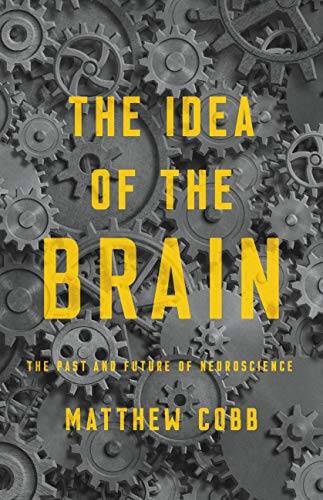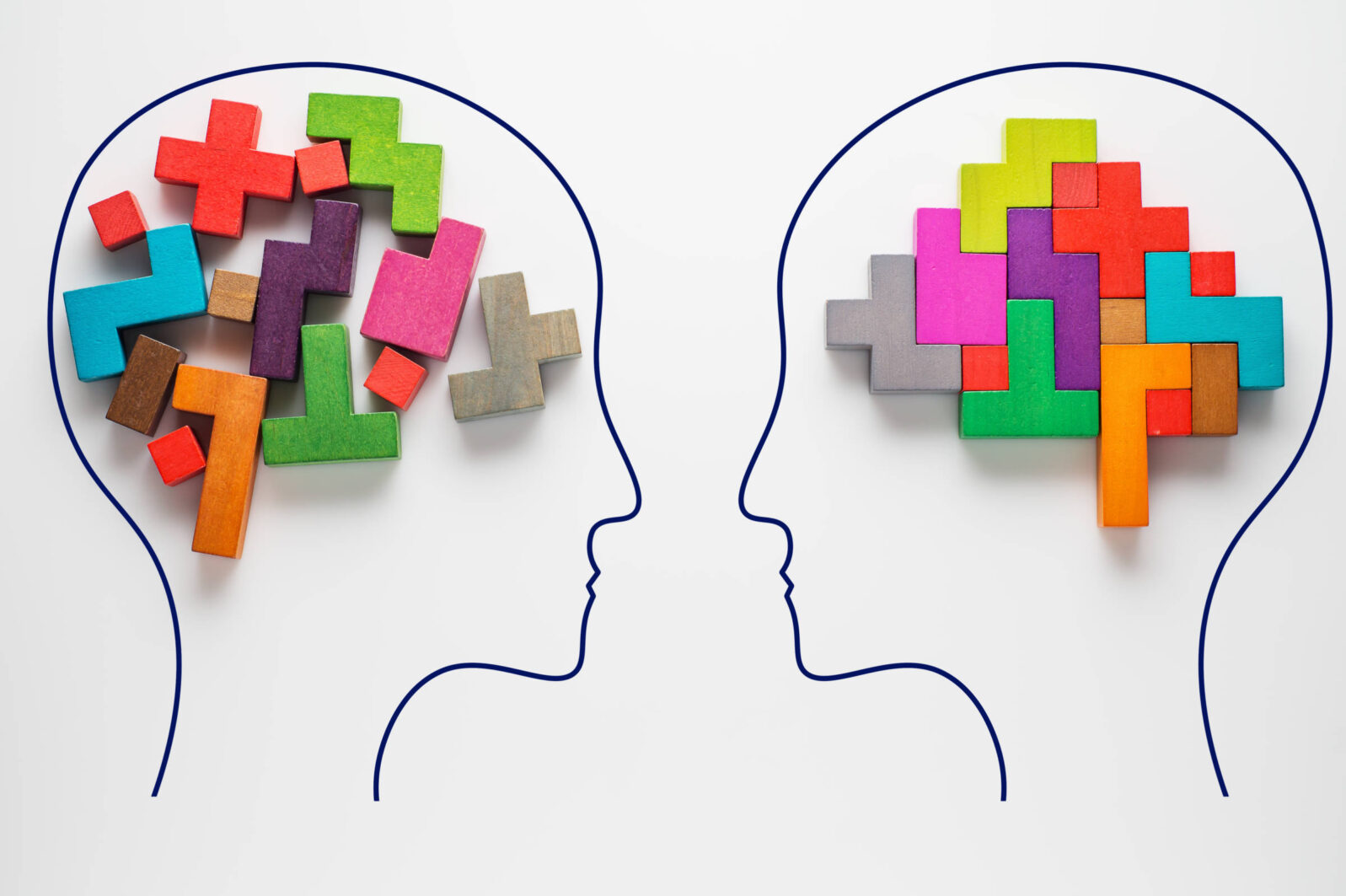We Will Never “Solve” the Brain
A science historian offers a look at some of the difficulties we face in understanding the brain
In a long excerpt from a soon-to-be-published book, The Idea of the Brain , science historian Matthew Cobb expresses doubt about optimism that we will someday easily understand the brain:
It is hard to see where we should be going, apart from simply collecting more data or counting on the latest exciting experimental approach. As the German neuroscientist Olaf Sporns has put it: “Neuroscience still largely lacks organising principles or a theoretical framework for converting brain data into fundamental knowledge and understanding.” Despite the vast number of facts being accumulated, our understanding of the brain appears to be approaching an impasse.
Matthew Cobb, “Why your brain is not a computer” at The Guardian (February 27, 2020)
The future he envisions resembles our understanding of human history more than our understanding of a math problem:
The nature of the brain – simultaneously integrated and composite – may mean that our future understanding will inevitably be fragmented and composed of different explanations for different parts. Churchland and Abbott spelled out the implication: “Global understanding, when it comes, will likely take the form of highly diverse panels loosely stitched together into a patchwork quilt.”
Matthew Cobb, “Why your brain is not a computer” at The Guardian
If that’s the model, we won’t “solve” the brain; we will approach it, we would hope, with increasing insights into its constituents.
Although Cobb approaches the subject of the brain as a thoroughgoing materialist who sees the human mind on a continuum with the maggot brain, he warns against the idea that the human brain is like a computer:
In reality, the very structures of a brain and a computer are completely different. In 2006, Larry Abbott wrote an essay titled “Where are the switches on this thing?”, in which he explored the potential biophysical bases of that most elementary component of an electronic device – a switch. Although inhibitory synapses can change the flow of activity by rendering a downstream neuron unresponsive, such interactions are relatively rare in the brain.
A neuron is not like a binary switch that can be turned on or off, forming a wiring diagram. Instead, neurons respond in an analogue way, changing their activity in response to changes in stimulation. The nervous system alters its working by changes in the patterns of activation in networks of cells composed of large numbers of units; it is these networks that channel, shift and shunt activity. Unlike any device we have yet envisaged, the nodes of these networks are not stable points like transistors or valves, but sets of neurons – hundreds, thousands, tens of thousands strong – that can respond consistently as a network over time, even if the component cells show inconsistent behaviour.
Understanding even the simplest of such networks is currently beyond our grasp. Eve Marder, a neuroscientist at Brandeis University, has spent much of her career trying to understand how a few dozen neurons in the lobster’s stomach produce a rhythmic grinding. Despite vast amounts of effort and ingenuity, we still cannot predict the effect of changing one component in this tiny network that is not even a simple brain.
Matthew Cobb, “Why your brain is not a computer” at The Guardian
He notes, for example, that, despite the mapping of various functions to various regions, some people function fairly well without huge chunks of brain, which is not what one expects of machinery:
At any rate, Cobb doubts that there is any grand, unifying theory of the brain that explains everything “lurking around the corner.” His book will be published April 21, 2020.
Further reading on “the brain as a computer” (or, as it happens, probably not)
Some people think and speak with only half a brain. A new study sheds light on how they do it.
Why the brain is not at all like a computer. Seeing the brain as a computer is an easy misconception rather than an informative image, says neuroscientist Yuri Danilov.
Brains are not billions of little computers. Despite the hype. Also, life forms are not machines and neurons are not neural networks.
The brain is not a meat computer. Dramatic recoveries from brain injury highlight the difference. (Michael Egnor)
and
The brain exceeds the most powerful computers in efficiency.
